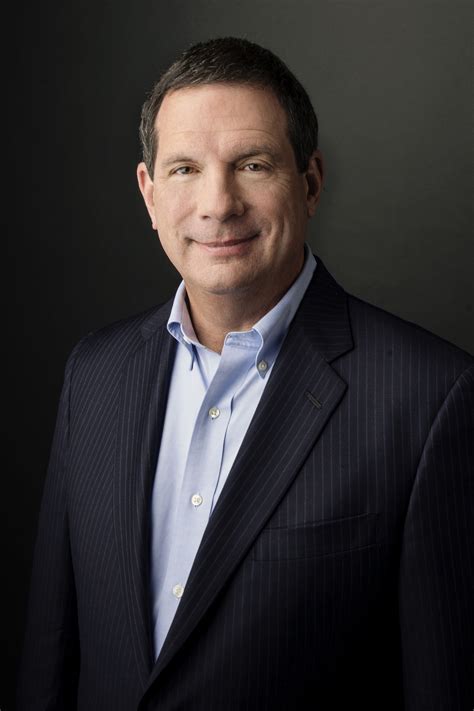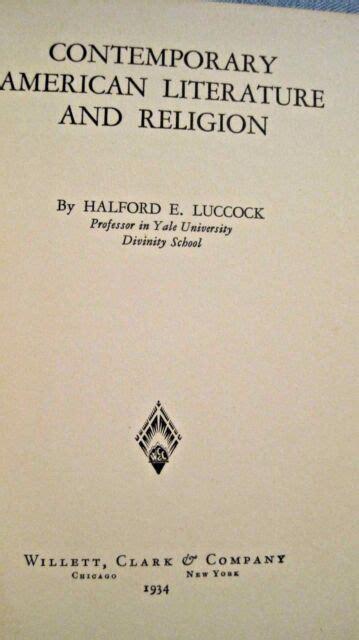A Quote by Dallin H. Oaks
It's wrong to criticize leaders of the Church, even if the criticism is true.
Related Quotes
As Elder George F. Richards, President of the Council of the Twelve, said in a conference address in April 1947, 'when we say anything bad about the leaders of the Church, whether true or false, we tend to impair their influence and their usefulness and are thus working against the Lord and his cause.' ... The Holy Ghost will not guide or confirm criticism of the Lord's anointed, or of Church leaders, local or general. This reality should be part of the spiritual evaluation that LDS readers and viewers apply to those things written about our history and those who made it.
To criticize a person for their race is manifestly irrational and ridiculous, but to criticize their religion, that is a right. That is a freedom. The freedom to criticize ideas, any ideas - even if they are sincerely held beliefs - is one of the fundamental freedoms of society. A law which attempts to say you can criticize? and ridicule ideas as long as they are not religious ideas is a very peculiar law indeed.
The true Church has never sounded out public expectations before launching her mission. Her leaders heard from God, they knew their Lord's will and did it. Their people followed them - sometimes to triumph, oftener to insults and public persecution - and their sufficient reward was the satisfaction of being right in a wrong world!
Expressions of sharp and even violent criticism of religion and the church have been welcomed, for they usually imply sincerity of thought. If caustic criticism of religious institutions and practices is irreligious, then Amos, Isaiah, and Jesus were very irreligious men. In fact, that is exactly what many of their contemporaries took them to be.

































